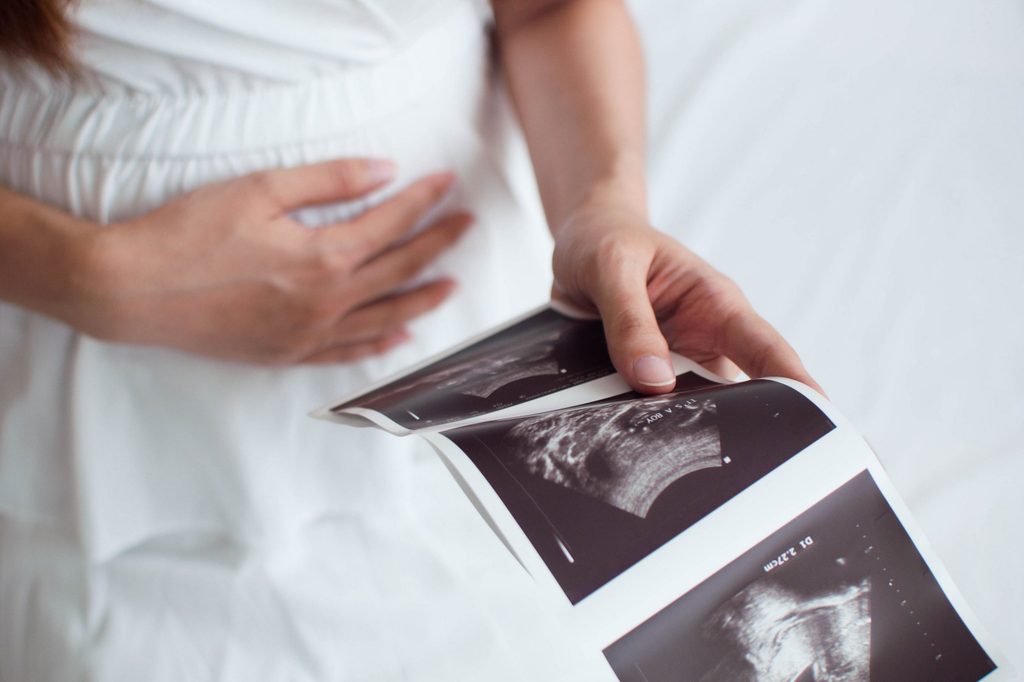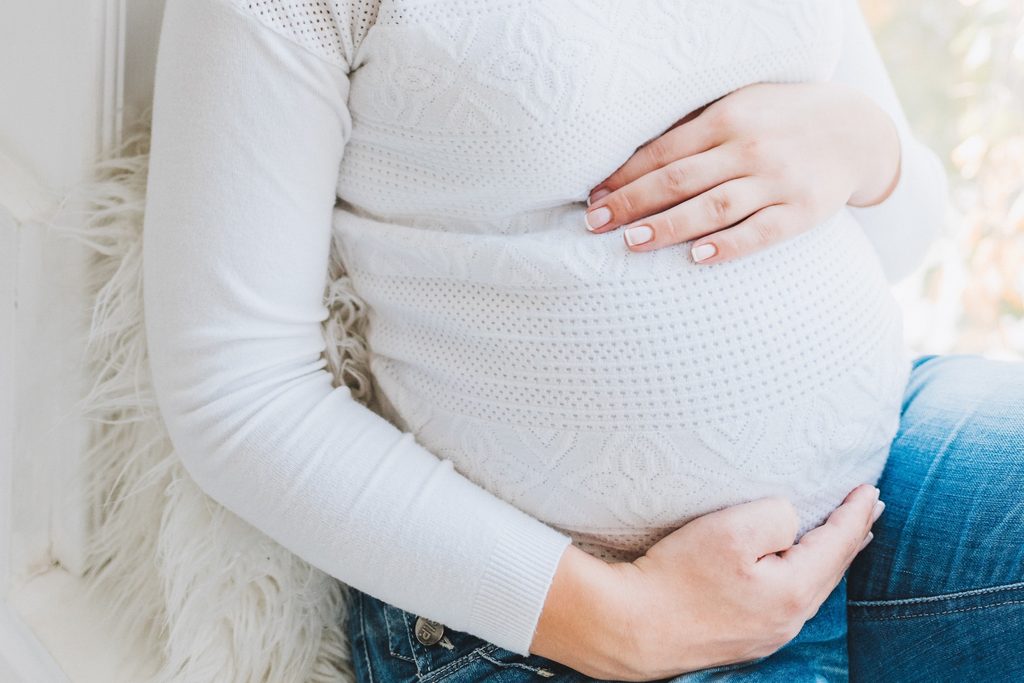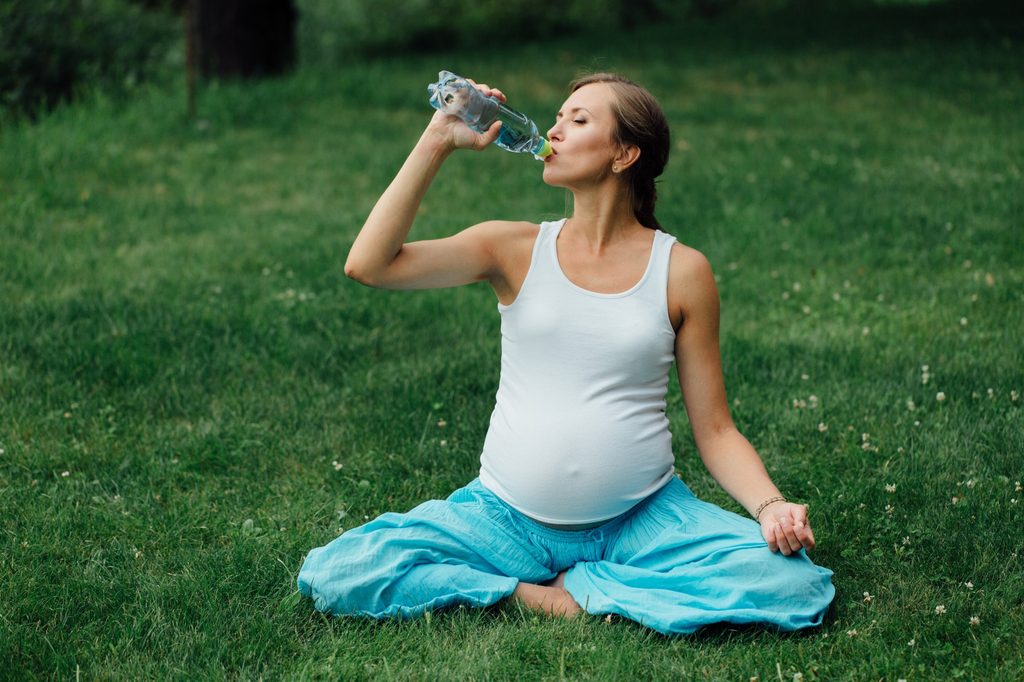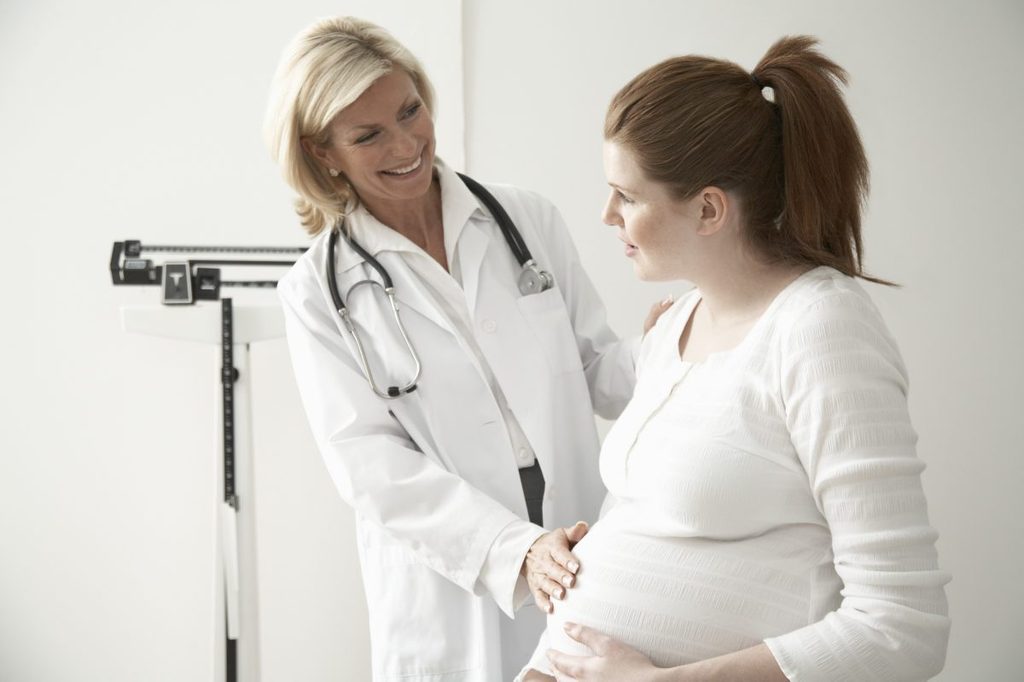
There are a lot of rules about what pregnant women should and shouldn’t eat, so it’s not surprising that many wonder if pregnant women can eat shrimp. After all, there are concerns about many different foods and varieties of seafood that aren’t safe for pregnant women to consume, but is shrimp included in that list?

Can pregnant women eat shrimp?
You’ve probably heard warnings against pregnant women eating certain seafood while pregnant, including seafood high in mercury content like fresh tuna, swordfish, and shark. Fortunately, seafood like shrimp contains only low levels of mercury, making it safe for pregnant women to eat. Although shrimp is considered safe for pregnant women to eat, the FDA suggests that they limit how much seafood they eat weekly. A general guideline is no more than 8 to 12 ounces of seafood per week.

Shrimp is actually good for pregnant women
A healthy diet is important for both pregnant women and their unborn babies, and low-mercury seafood like shrimp can be an important part of that diet. Studies show that omega-3 fatty acids found in many types of seafood can not only help potentially prevent pre-term labor, but they can also prevent low birth weight in babies.

Exercise caution
Although we have determined that shrimp is generally safe for pregnant women to eat, it’s important that all shrimp consumed during pregnancy be fully cooked. Healthline notes that pregnant women should avoid all raw seafood during pregnancy to avoid the risk of any potential food-borne illnesses.
Not only do you want to skip any raw fish, but you’ll also want to ensure that any shrimp you eat is fully cooked and purchased from a reputable store. This way, you can ensure they are being sourced responsibly. If you purchase local shrimp, you may want to look into the local mercury levels as well.

Other shellfish options that are safe to eat
Shellfish is a great source of omega-3 fatty acids during pregnancy, but it’s not limited to just shrimp. If you love seafood, you don’t have to go without for nine months. In fact, in addition to shrimp, you can also safely eat other shellfish like lobster, clams, scallops, and crab, as long as you ensure they are fully cooked to an internal temperature of at least 145 degrees Fahrenheit.

What to do if you eat raw shrimp?
So what happens if you unknowingly eat raw shrimp during pregnancy? Or perhaps you enjoyed a night of delectable sushi before finding out you were expecting? Fortunately, the risk of something happening to your baby because of one meal is pretty low, however, you should always contact your doctor if you have any concerns or you simply are looking for some advice.
No need to skip the (cooked) shrimp at your next meal if you’re pregnant. Follow these guidelines by ensuring it’s cooked fully and limiting your weekly consumption to ensure your baby gets the maximum benefits from this tasty treat.



